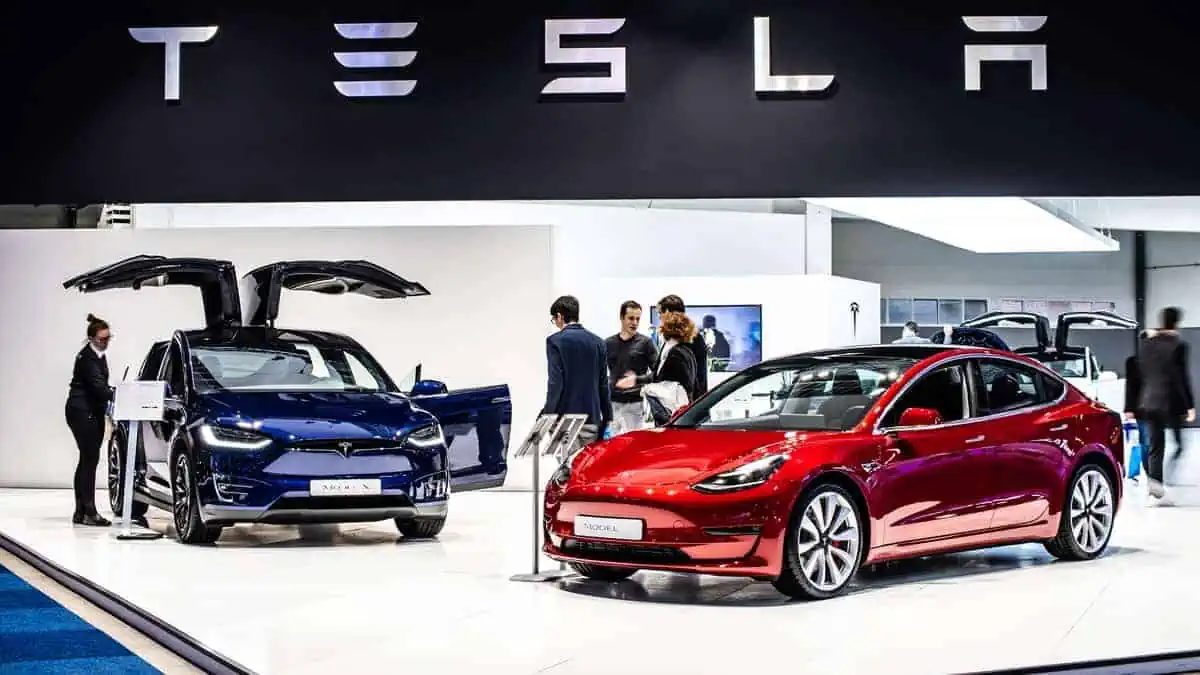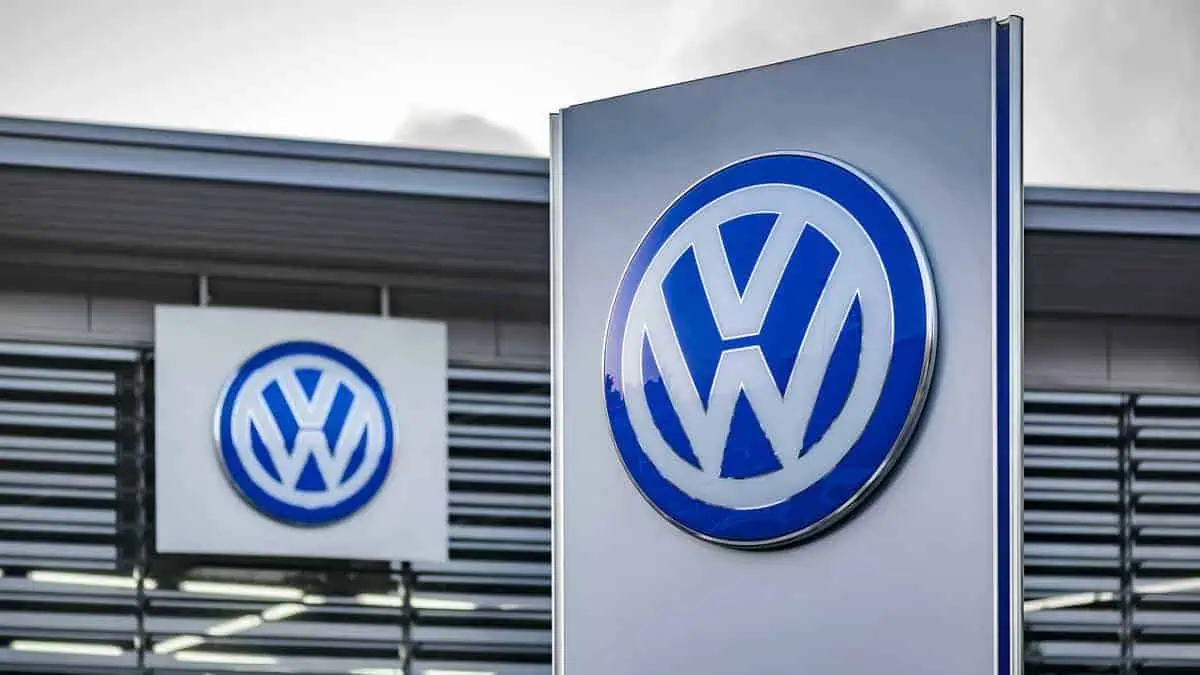Leading American electric automaker Tesla has just arrived in the Philippine automotive market through its distribution partner, EV Solutions.
According to local news platform ABS CBN News, EV Solutions launched Tesla’s showroom and service center in EDSA, Mandaluyong.
Electrification target
EV Solutions expressed optimism about the country’s electric vehicle industry, especially in the high-end segment.
For context, PH President Ferdinand Marcos Jr previously declared a target of having EVs account for 50% of the country’s overall vehicle registrations.
However, major challenges in electrification remain, including the lack of charging infrastructures and high costs.
Advantages
EV models are indeed more expensive than internal combustion engine-powered cars at the point of purchase. A Tesla car reportedly has a base price of P4 million to P10 million, depending on the model and variation.
According to C!, EV Solutions offers the Tesla Model 3 at P4 million. Meanwhile, the Tesla Model Y starts at P4.6 million.
However, EVs offer significant savings in the entire period of ownership. For instance, fuel prices have been increasing in the country. In addition, EVs also do not need regular maintenance compared to traditional ICE cars.
“One full charge of the Tesla is P600 as compared to internal combustion engine [which needs] P4,000-5,000 ang isang full tank. Range of a Tesla is roughly 500 km.”
EV Solutions CEO Ralph Calinisan
Moreover, CEO Calinisan also emphasized that some Tesla EVs are readily available for deliveries compared to other high-end vehicles requiring a 1-2 year waiting period.
“For cost-conscious Filipinos, those who want value for money, maybe you wanna shift to a model 3 [P4M] or model Y [P4.6M] kasi mas mura in the long haul. Wala siya maintenance costs, walang kailangan na change oil, change spark plugs [because it’s cheaper in the long haul. It has no maintenance costs, no need to change oil, change spark plugs].”
EV Solutions CEO Ralph Calinisan
Incentives
The PH Government exempts all-electric vehicles from excise tax under the TRAIN Law, according to Gulf News. Meanwhile, hybrids must pay taxes “at half the rate of the equivalent automobile.”
It also excludes battery electric and hybrid models from number coding as part of the country’s road congestion management.
The Electric Vehicle Industry Development Act (RA 11697), or EVIDA, also aims to address the charging infrastructure shortage by offering tax-free imports for EV chargers for 8 years through 2030.
“Other challenges remain in implementing and issuing additional implementing rules and regulations. Still, I am sure, and I am confident that we will be able to move on those.”
Philippine Energy Secretary Raphael Lotilla told local media
The Philippines indeed has a strong potential to advance in the electric vehicle industry. However, it will require significant government support through incentives and subsidies to urge Filipinos to join the shift to e-mobility.






